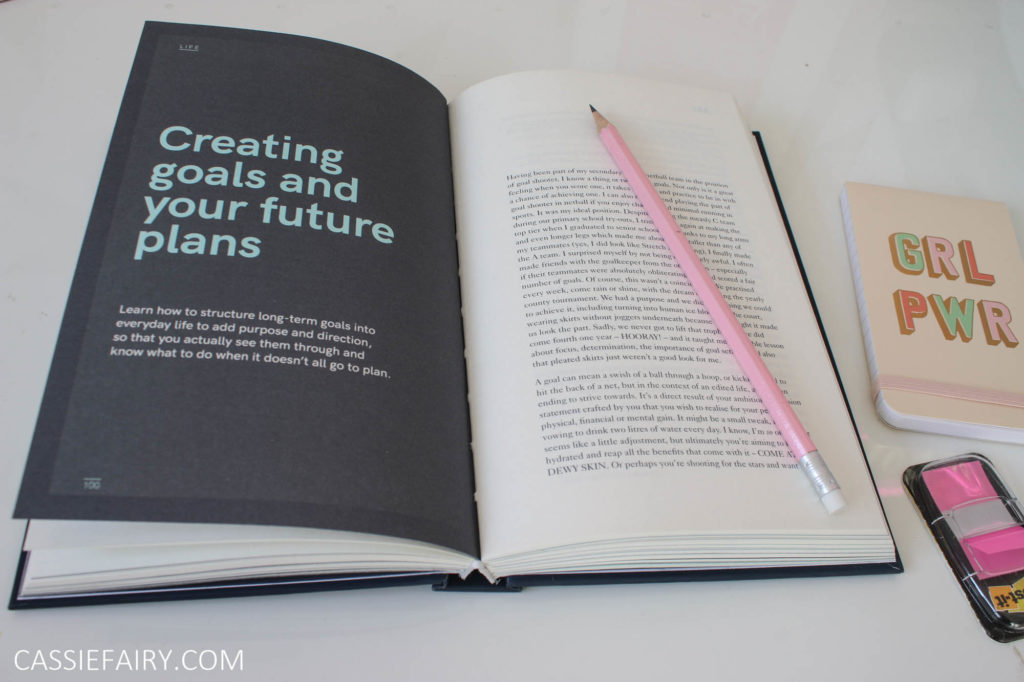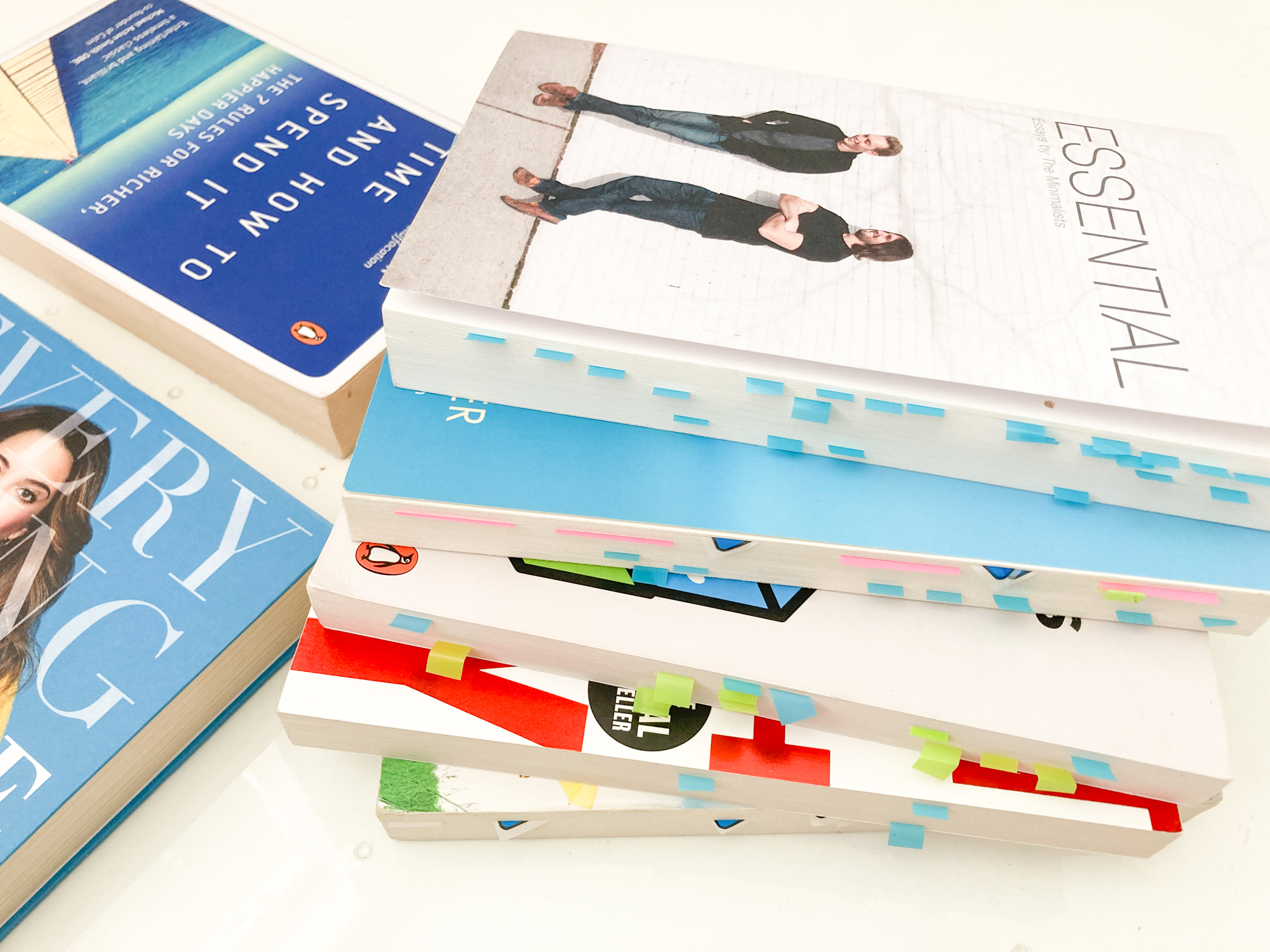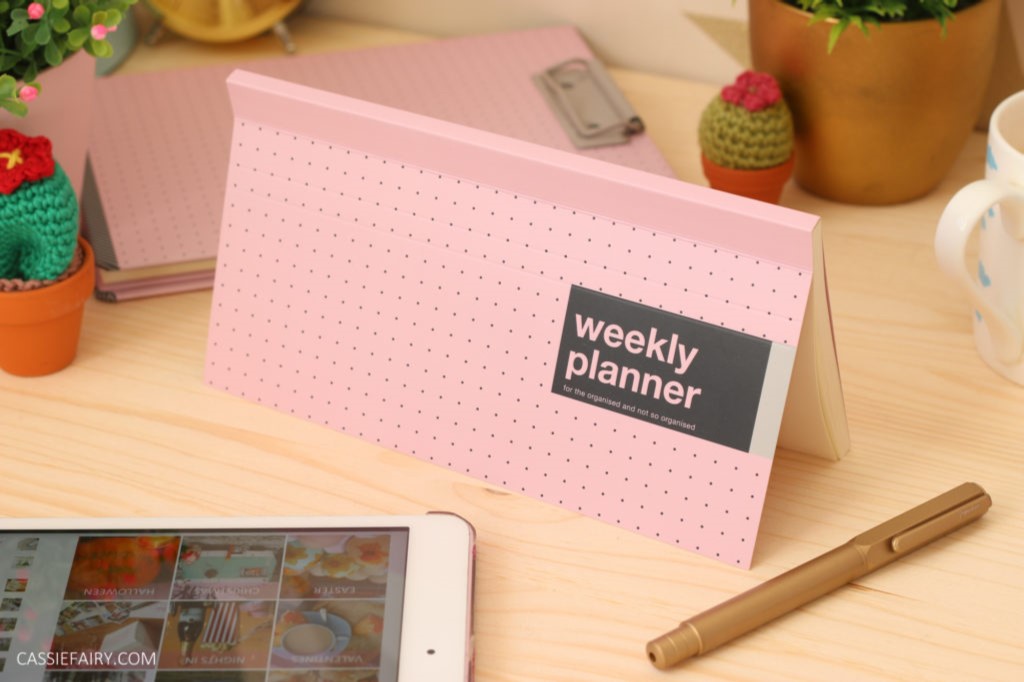
We’re only one month into the new year and I bet that you college students out there will already have a stack of assignments to catch up on. I remember that my university tutors all used to set their essays, reports and presentations within the first couple of weeks of term, so by now I would already be worrying about writing them.
Would my research be strong enough and would my writing skills be good enough to get the debate across? After a lot of practice and many many years of being a student I finally worked out how to breeze through essays and assignments, so if you’re feeling concerned don’t worry – there are plenty of ways of improving your grammar, choice of words, structure, etc and here’s how:

Quick tips to improve your writing skills
All students have problems with written assignments from time to time as they demand thorough research and take lots of time to pull together into a structure that reaches a decisive conclusion. But all that work isn’t in vain – developing your writing skills in this way is useful when you’re studying at a higher level in the future or even in your future job. Here are some tips that will make your life much easier:
- Make sure that every paragraph has main idea
- Pay attention to sentence length: short ones are used to emphasize ideas and longer sentences are used to explain, define, or illustrate
- Key words and ideas should be placed at the beginning or end of the sentence
- Use different types of sentences: simple, compound, and complex sentences
- Dynamic verbs in active voice are important – don’t overuse the passive voice
- Avoid using too many unnecessary words
- When you’re reviewing your essay, read it aloud – you will hear any grammar problems
- Don’t be too lazy to proofread and edit your work before submitting it
- Try using an essay-checking tool online like Quillbot, dictionary, or synonyms
- Don’t be embarrassed to use a dictionary or synonyms

How to check your essay
After your assignment is complete it is time to check it over and make sure it is of appropriate quality. Double-checking your essay is easy to do but by the time you’ve finished writing it you’ll probably never want to read it again! Even so, proofreading is essential and just spending a little extra time reading through the content will make all the difference to your final grade. Here is a checklist to follow when you’re checking through your college papers in future:
- Does your essay have a main idea and is that idea clear to the reader?
- Does it have a clear purpose?
- Does the introduction attract readers? Does it have something intriguing or pose a question?
- Does your paper have structured paragraphs?
- Do you think there is enough information to support the main idea?
- Do sentences flow when you read it aloud? Can punctuation help with this?
- Do you have key words or theories and are they emphasised properly?
- Are you sure your sentences are clear and concise?
- Checked correct spelling of all words? Be sure to double-check any technical terms
Answering these questions gives you an understanding of your weak points and you can take the time to improve them before handing in your paper. If an essay is clearly written with easy-to-read sentences, the person marking your assignment will be able to understand your points easily and not be distracted by misspelled words or poor grammar.

Word choice
One of the main rules of successful writing is don’t use too much unnecessary words. They will distort main idea and worsen the overall quality. In this list of words there are many misspellings that happen in everyday language and should be avoided in reports, essays, research papers and assignments.
- Alot – is a misspelled a lot
- Let’s us – can be substituted with let us or lets.
- Not everyone knows difference between its and it’s.
- Irregardless – is a double negative word and should be substituted with regardless.
- Furtherest – has correct form to stick to – farthest or furthest.
- Could of – it is better to use could have
- And etc. is used by many students but should be left out as it implies that the writer can’t think of anything else to add!
I hope that these tips have helped you to discover you know what words to avoid, the way to structure an assignment and how to check your essay after you’ve finished. The most important thing is to actually get started on your work, as leaving it to the last minute will only result in an essay that you could have written much more clearly if you’d had more time. Let me know your tips for writing papers and studying subjects by leaving me a comment below and best of luck with your college assignments this year – I’m sure you’ll end up with some fantastic results!

This article is a sponsored collaboration. The pink links in the content indicate a sponsored link or information source. The blog post reflects my own experience and the sponsor hasn’t had any control over my content 🙂





















